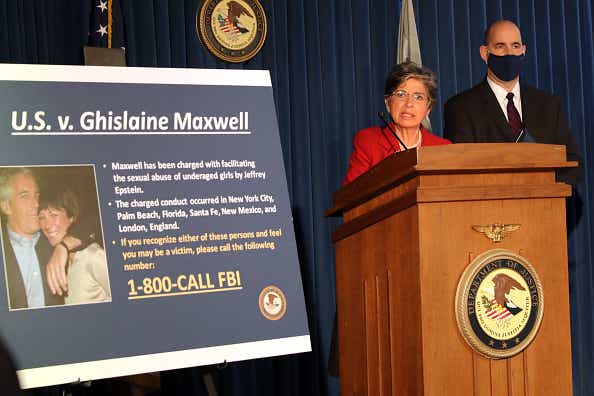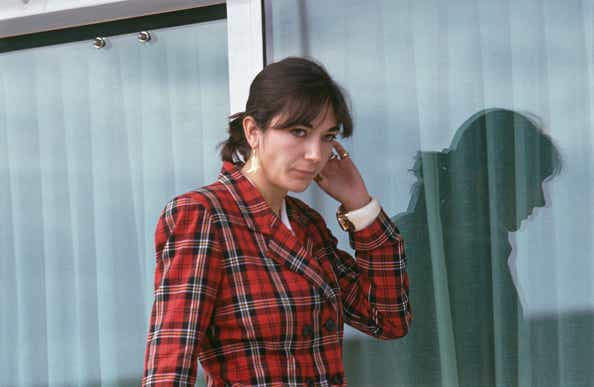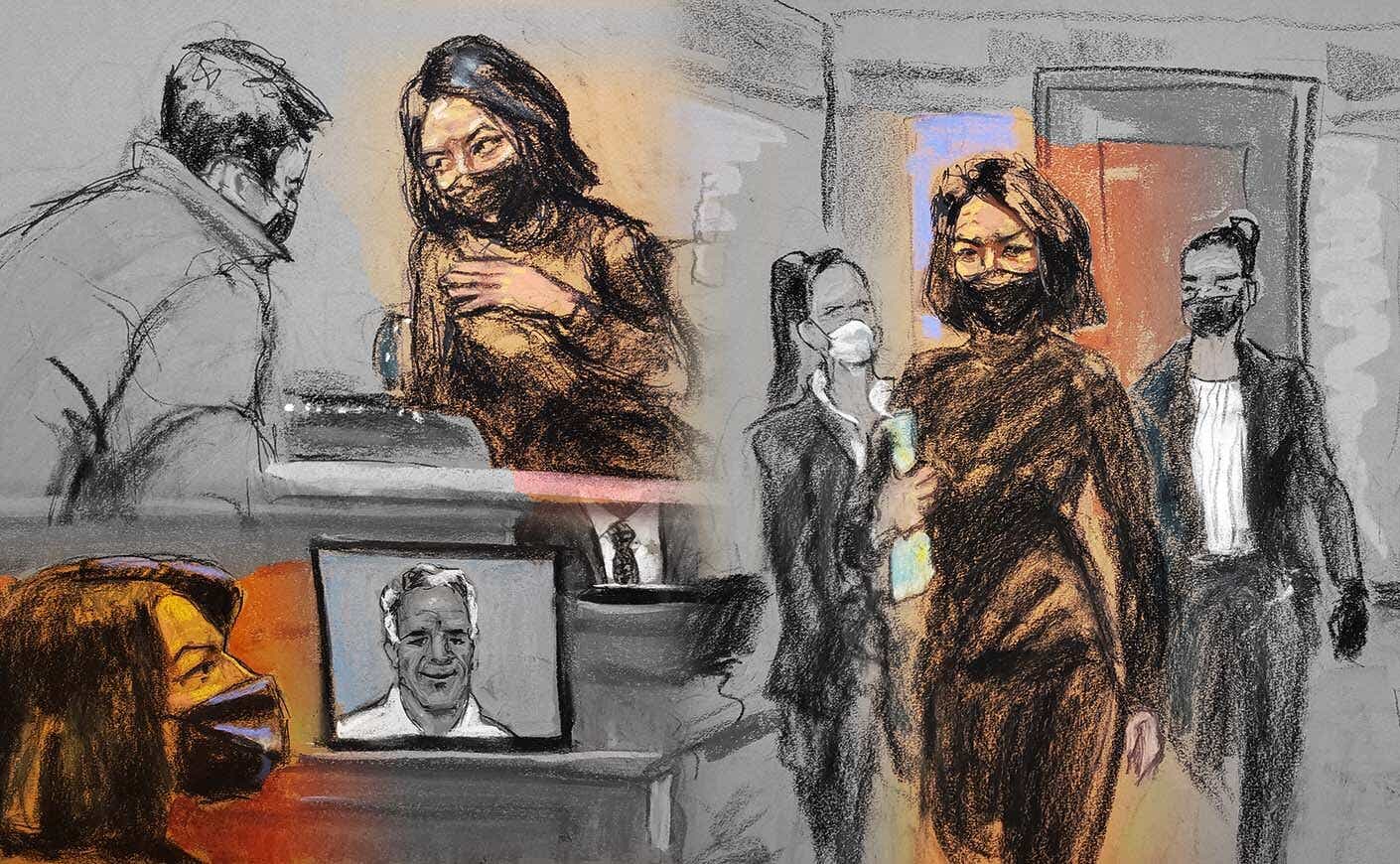The trial of Ghislaine Maxwell, a former girlfriend and longtime associate of Jeffrey Epstein, is underway, and one of the alleged victims has already given her emotional testimony. As we enter the fifth day of the sex-trafficking trial, here’s where the case stands so far — and a look at what’s to come.
What’s Ghislaine Maxwell being charged with?
Maxwell, 59, faces six counts related to her alleged recruitment and “grooming” of underage girls for Epstein to abuse. Maxwell is charged with enticing and transporting a minor from Florida to New York, on several occasions between 1994 to 1997, to engage in illegal sex acts with Epstein. She’s also charged with the sex trafficking of another victim between 2001 and 2004, as well as three counts of conspiracy.
Accusers take the stand:
Four women are expected to testify about their alleged abuse. The first victim, now in her early 40s and identified by the pseudonym Jane, told jurors on Tuesday that she met Epstein and Maxwell when she was 14 and was abused by them over the course of several years. She only informed law enforcement after Epstein’s death in 2019, because she feared her acting career would suffer. But she had confided in loved ones, including an ex-boyfriend who backed up her claims in court.
One of Maxwell’s attorneys, Laura Menninger, cross-examined Jane, pressing her about why she waited so long to come forward. She also sought to paint Jane’s testimony as another performance by the working actor, and insinuated she had a financial motive. Jane was awarded $5 million from a fund to compensate Epstein’s victims.
Sarah Klein, an attorney specializing in sexual abuse cases at Manly, Stewart & Finaldi and one of the first known victims of former USA Gymnastics doctor Larry Nassar, said the defense “used one of the most common tactics in child sexual abuse cases — attempting to discredit the victim.”
“They attacked her delayed reporting, which is commonplace in child sexual abuse cases,” Klein said.
Lisa Green, a legal analyst and Managing Director of Sard Verbinnen & Co., said the trial feels reminiscent of that of Harvey Weinstein, “in part because accuser No. 1 is an actress, and the defense portrayed her as someone who’s very skilled at manipulating audiences.”
“But her description of what happened certainly seems consistent with the allegations. And the fact that she reported what had happened to an ex-boyfriend at a time before any sort of settlement or victim’s fund was available, bolsters her credibility,” Green said.

The role experts will play:
Clinical psychologist Lisa Rocchio was called on to explain the concept of “grooming” to the jury. The process, Rocchio said, begins with the perpetrator “building trust and attachment” with the victim, followed by “normalizing sexual activity” by talking about intercourse, acclimating a victim to physical touching, which then “escalates to sexual abuse.”
That aligns closely with how the prosecution has described Maxwell’s alleged misconduct. The defense, however, argued that her behavior was all innocuous and is being mischaracterized.
The defense may call on their own expert witness, Park Dietz, a prominent forensic psychiatrist who’s testified in the Jeffrey Dahmer and “Unabomber” trials. Dietz is expected to testify that the concept of “grooming-by-proxy” — the idea that a third party can facilitate grooming — is not supported by the scientific community.
Dietz is “going to argue that this is a very murky and difficult to prove allegation,” Green said. “If the defense can create doubt that this is an actual set of behaviors that should yield a conviction that would be a useful achievement for them.”
Maxwell’s team may also call on psychologist Elizabeth Loftus, a controversial figure who would testify about “false memories” of sexual abuse. Loftus has testified for high-profile defendants like Harvey Weinstein, Bill Cosby, and Ted Bundy, and Klein said her testimony “typically attempts to discredit child rape.”
“Ms. Loftus was not successful in swaying the jury in Weinstein and I think she will fail again in this case,” Klein said. “Her testimony will not play well when almost every single person on planet Earth has either been sexually victimized or knows and loves someone who was.”

What to watch for:
So far, this trial has played out fairly conventionally, Green says. The prosecution is looking to present “a series of consistent, credible witnesses who create a solid narrative,” while the defense has been attempting to “poke holes” in their accounts, she said. (A “textbook example” of that occurred during Jane’s cross-examination: She testified that Epstein had flown her on his private jet to see The Lion King on Broadway in 1994 when she was 14. Menninger, however, noted that the show didn’t come out until 1997, forcing Jane to concede that her timeline was “incorrect.”)
One approach the defense may take, is to claim that Maxwell was victimized by Epstein herself. That point has been hotly contested, and Green said it would be a “challenging argument” to make considering their long, intimate history.
Klein says she expects more heart-wrenching testimonies to follow. “The most intimate details of your lives have to be thrust into the public forum in order to achieve accountability,” she said. “It will be one of the hardest, scariest things these women do in their lives.”









